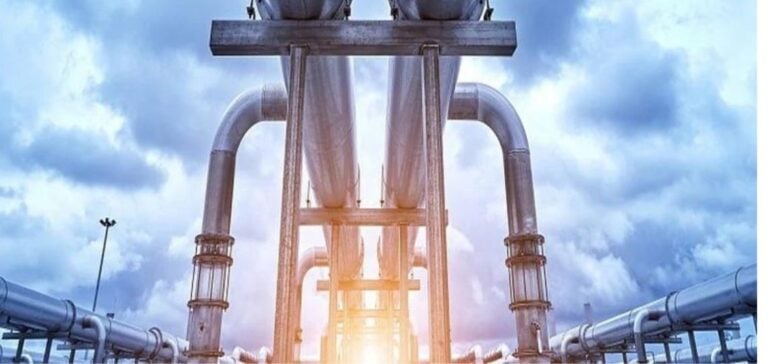The Nordic-Baltic Hydrogen Corridor project, designed to link Finland and Germany via a 2,500 km pipeline network, is moving ahead with the completion of a pre-feasibility study.
This work, carried out by AFRY Management Consulting on behalf of the Baltic region’s Transmission System Operators (TSOs), establishes the technical, legal and economic foundations for the development of this infrastructure.
The project targets a transport capacity of 2.7 million tonnes of hydrogen per year by 2040, with a possible increase to 4 million tonnes by 2050, offering a new solution for reducing CO2 emissions across Europe.
Next steps and technical challenges
Following this study, the TSOs – including Gasgrid Finland, Elering in Estonia, Conexus Baltic Grid in Latvia, Amber Grid in Lithuania, GAZ-SYSTEM in Poland and Ontras in Germany – plan to launch a feasibility study.
This will examine in detail the technical, commercial and financial aspects, and establish a timetable for implementation.
In particular, these analyses will look more closely at the issues of connection to existing networks and the integration of hydrogen production based on renewable energies.
Development costs and the complexities associated with cross-border regulations are among the main challenges identified so far.
Integration into the European Hydrogen Network
This corridor is an integral part of the European Hydrogen Backbone initiative, an ambitious plan to establish a network of 28,000 km of hydrogen pipelines in Europe by 2030, with a planned extension to 53,000 km by 2040.
This network, supported by 31 European energy infrastructure operators, aims to connect renewable hydrogen production centers to areas of high demand, thus facilitating the cross-border market.
The Nordic-Baltic corridor could become a strategic component, connecting surplus capacity in the Nordic countries, such as hydroelectric and wind power, to the growing needs in Germany.
Hydrogen production and economic outlook
The study reveals that the Nordic and Baltic regions could produce up to 27.1 million tonnes of renewable hydrogen per year by 2040, with production costs varying according to the methods used.
In September 2023, the cost of producing hydrogen via alkaline electrolysis is estimated at 6.14 EUR/kg in Europe, while blue hydrogen, produced by methane reforming with carbon capture and storage, stands at 2.72 EUR/kg.
These cost differences influence the technological choices and investments required to develop the corridor.
European Status and Strategic Issues
In November 2023, the European Commission awarded the project “Project of Common Interest” status, underlining its importance for the integration of the European energy market.
This status facilitates access to financing and simplifies regulatory processes.
However, coordination between participating countries and harmonization of national policies remain essential to ensure the project’s coherence and success.
The prospects for the Nordic-Baltic Hydrogen Corridor represent a significant opportunity to strengthen energy independence and promote regional cooperation, while meeting the growing demands of Europe’s hydrogen market.
Success will depend on the strategic alignment of the players involved, and on their ability to overcome obstacles linked to infrastructure costs and regulations.






















